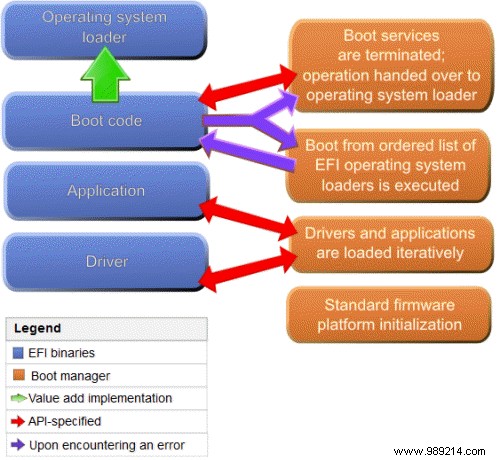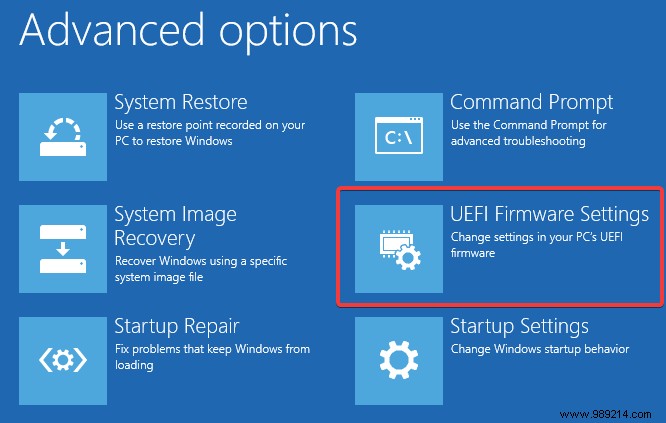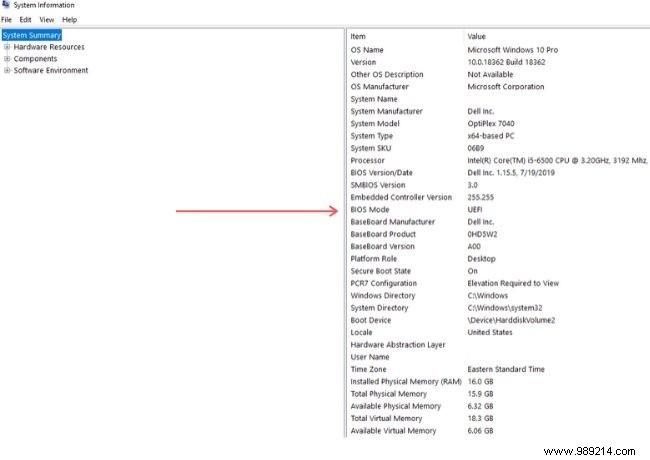UEFI vs BIOS, which is better and which should you use? This is a good question for anyone who wants to know how the underlying hardware works so they can customize the nuts and bolts of their personal computers. In short, UEFI is newer, better, and loaded on most modern PCs. But things are not as simple as black and white. Here is an overview of the features provided by UEFI and BIOS and why you might choose one over the other.
ContentsThe BasicsBreaking Size LimitsSpeed and PerformanceSecurityWhy Choose UEFI?Why Choose BIOS?When a Background Update Is a Big DealBIOS and UEFI are two firmware interfaces for computers that work as an interpreter between the operating system and the computer firmware. These two interfaces are used at computer startup to initialize hardware components and start the operating system that is stored on the hard disk.

Secure Boot is a feature of UEFI that was implemented in Windows 8 and is now standard for Windows 10. The biggest advantage of UEFI is its BIOS security. UEFI can only allow genuine drivers and services to load on startup, ensuring that no malware can be loaded when the computer boots. Microsoft implemented this feature to combat hacking issues in Windows, while Mac has been using UEFI for quite some time now. Secure Boot works by requiring boot loaders to be digitally signed, which should require a digital signature by the kernel. This process continues until the operating system is fully booted. This secure boot feature is also one of the reasons why it is more difficult to install another operating system on a Windows machine.
One of the reasons for choosing this over the more familiar BIOS is that Intel no longer intends to support the "traditional" BIOS in 2020.

UEFI offers the following features and benefits:
Another benefit of UEFI is that an industry-wide interface forum maintains it, and it's more manufacturer-independent than BIOS.
Here are some reasons why a user might choose Legacy BIOS instead of UEFI:
Some newer PCs allow you to run UEFI in legacy BIOS mode. Users who wish to maintain machines running older operating systems, including Windows 7, will want to enable this feature.

Most modern PCs come with UEFI. This will provide you with the latest security safeguards, an easier-to-use interface for tweaking your machine, and support for modern operating systems and more robust specs. While there are some reasons to stick with legacy BIOS or use its compatibility mode, most people will either welcome the upgrade to UEFI, or never know.
Image credit:UEFI/BIOS Boot Mode